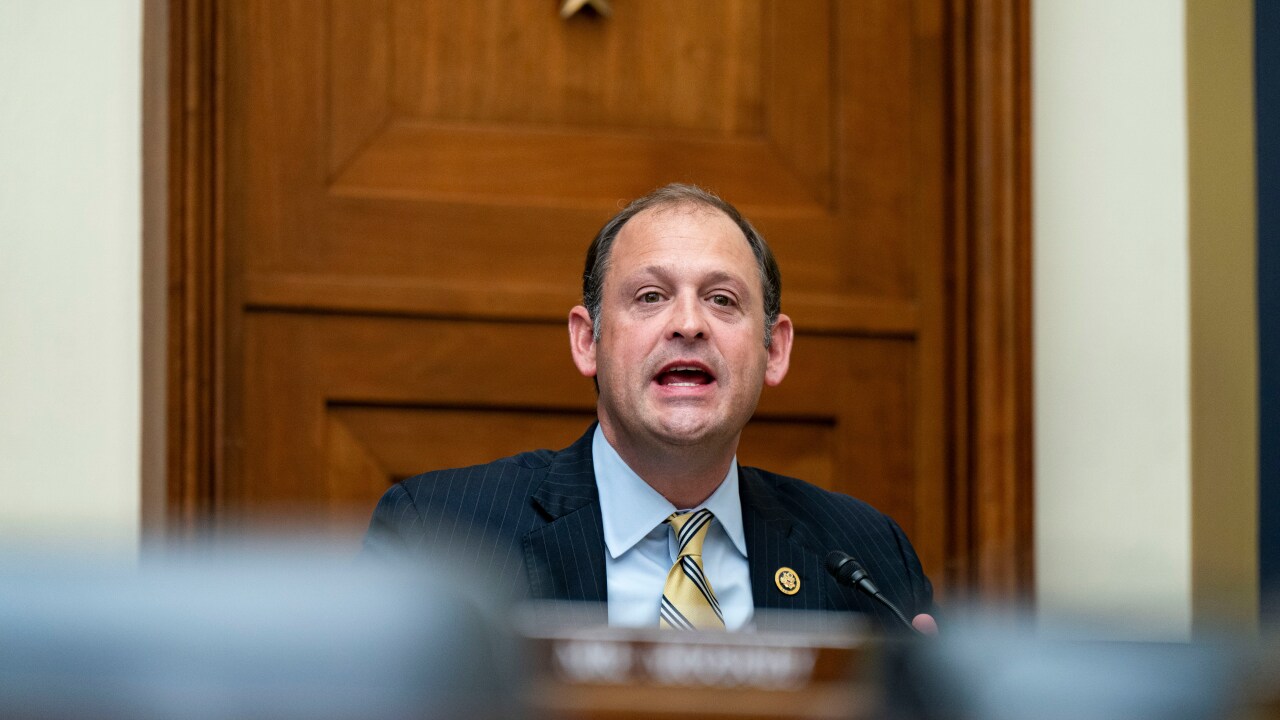Keeping interest rates near zero for too long may result in "financial imbalances and instability" that increase rather than decrease unemployment, according to Federal Reserve Bank of Kansas City President and Chief Executive Officer Esther L. George.
While backing the Fed's aggressive response to the recession, George warned, in the long term "the FOMC must weigh the benefits and the risks of maintaining an unusually accommodative monetary policy stance for a protracted period. Like others, I am concerned about the high rate of unemployment, but I recognize that monetary policy, by contributing to financial imbalances and instability, can just as easily aggravate unemployment as heal it. Economic models tend to highlight the benefits of such a policy, but cannot fully account for the future risks."
And, while some argue that it's unlikely that the Fed's current policy will cause financial instability or higher inflation, "history shows that becoming too sanguine about either can lull us into thinking we can avoid them," George said in a speech to the Central Exchange, according to prepared text released by the Fed..
The Fed's plan for open-ended purchases of both Treasury and agency mortgage-backed securities also carry "risks and are not without cost," including "almost certainly" raising the "risk of complicating the FOMC's exit strategy," even though such a move is "likely only well into the future."
Selling large amounts of agency MBS, as the Fed plans, "could be potentially disruptive to markets and market functioning, or cause an unwelcome rise in mortgage rates," she said. "Moreover, these purchases reinforce the perceptions that monetary policy will remain highly accommodative for a prolonged period, regardless of circumstances, thus risking an announcement shock when the Committee at last must reverse policy."
"A long period of unusually low interest rates is changing investors' behavior and is reshaping the products and the asset mix of financial institutions," George explained. "Investors of all profiles are driven to reach for yield, which can create financial distortions if risk is masked or imperfectly measured, and can encourage risks to concentrate in unexpected corners of the economy and financial system."
She added, "The push toward increased risk-taking is the intention of such policy, but the longer-term consequences are not well understood."
Further, she said, "We must not ignore the possibility that the low-interest rate policy may be creating incentives that lead to future financial imbalances. Prices of assets such as bonds, agricultural land, and high-yield and leveraged loans are at historically high levels. A sharp correction in asset prices could be destabilizing and cause employment to swing away from its full-employment level and inflation to decline to uncomfortably low levels. Simply stated, financial stability is an essential component in achieving our longer-run goals for employment and stable growth in the economy and warrants our most serious attention."
Additionally, inflation might rise as a result of the low rates, she said, which the FOMC has acknowledged by announcing a "tolerance" for inflation up to 2.5%.
"There is, however, an important caveat to such analyses: they assume the FOMC's longer-run inflation goal is never in doubt," George said. "In reality, a willingness to let inflation rise above the 2 percent goal for a protracted period carries the risk that longer-term inflation expectations may slip above levels consistent with the Committee's 2 percent goal and calls into question the Committee's commitment to its inflation goal. Restoring such a dent in the Federal Reserve's credibility would no doubt be very costly for the economy."





